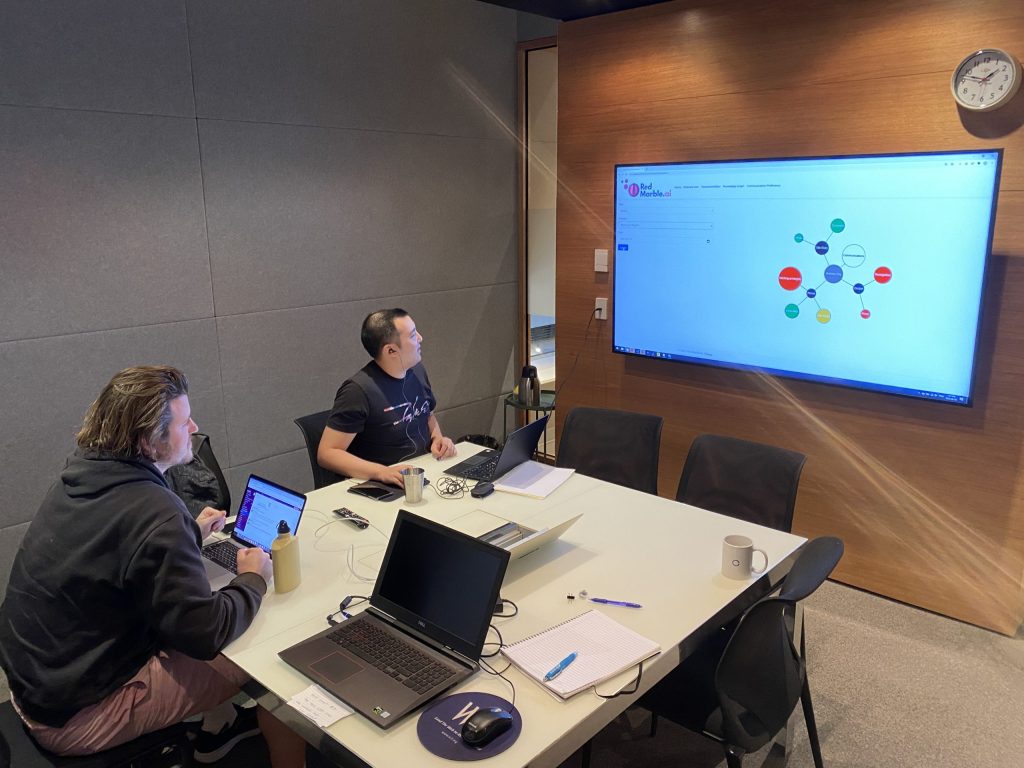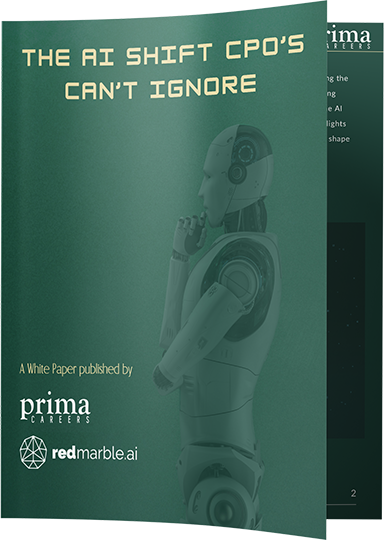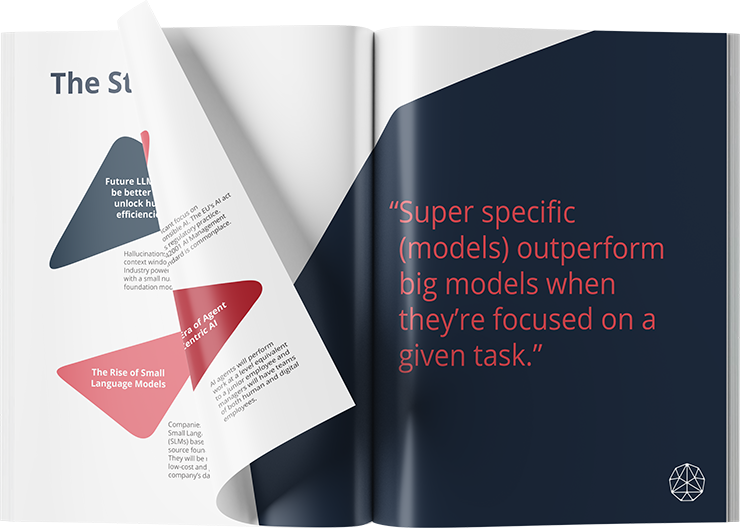The hack is back!
At Red Marble, we’ve done some of our best work during short, focused hackathons that aim to generate an idea—and then develop it into a prototype—in just a matter of days.
As a company that helps clients incorporate AI into their business, these hackathons provide an incredible foundation from which we can solve real organisational challenges and improve the competitive advantage we can offer. It also helps us practice our skills in an artificially intense, fast-paced environment.
Over the last two years we’ve run successful hacks with a number of clients including Webjet, Coca Cola Amatil, Dulux, Bookbot and others.
We’ve also run a number of internal hacks where we split into teams and tackle a specific problem. However, this has been tricky of late due to the working from home rules.
In early June, using a combination of dispersed desks in the office, plus Zoom and Slack, we ran our first post-COVID hack!
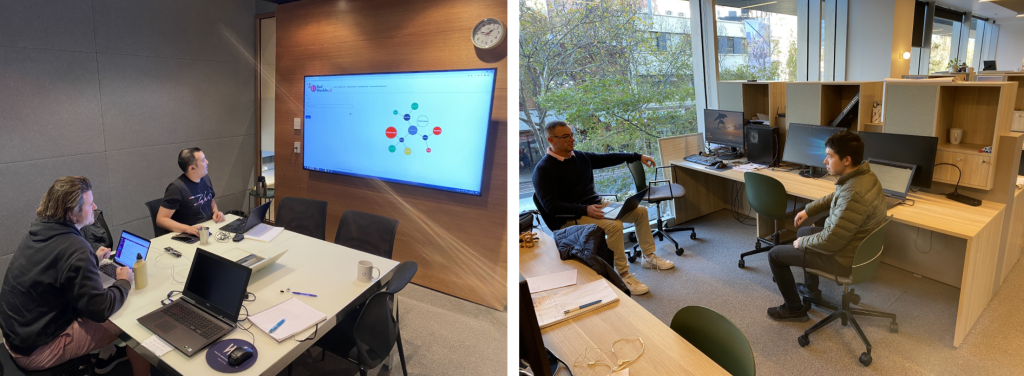
Our team focused on how we can employ AI to better drive user adoption of digital technologies in corporate environments. This has become an important issue across almost all industries as our workforces move online.
McKinsey recently reported on the need to blend digital technology, analytics and behavioural science to personalise change programs. The article highlighted that the most effective way to make organisational change succeed is to carefully consider each employee’s unique skills and mindset
It turns out there’s already some pretty impressive capability in the consumer world that can be applied in corporate environments. For example, the algorithm-based management of messages and communications that share what’s relevant and appropriate for every user, based on their individual capability and readiness.
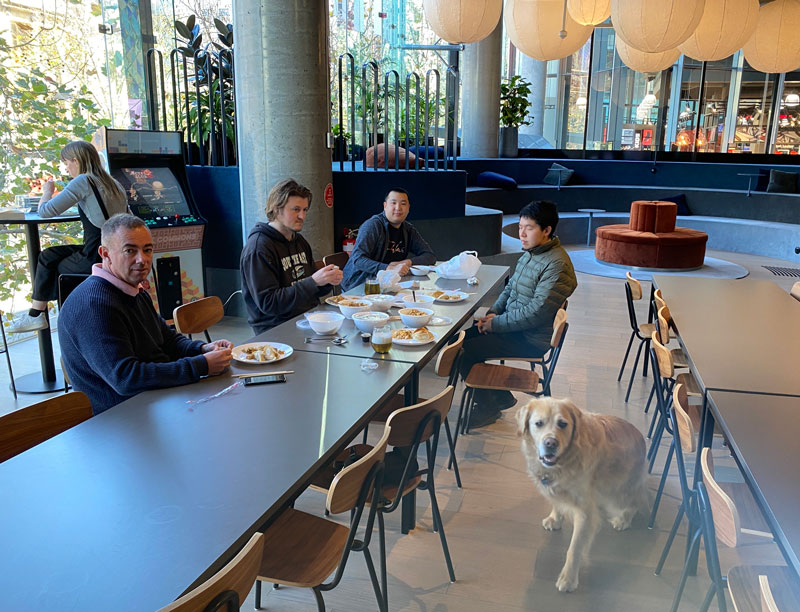
A quick break from the hack for lunch with office dog Jimmy.
Many companies make large investments in digital technology with strong business cases, on the assumption that software is properly adopted by the users. In practice it doesn’t always work like that.
In a post COVID-19 world, this adoption has never been more crucial.
That’s why hacks like this one are extremely helpful. They give us a chance to test our hypotheses around what drives user adoption. By regarding each employee as a unique individual, we’re proving that we can reduce a business’ overall costs and realise the productivity potential of what these technologies offer.
As a result of our recent internal hack, Red Marble is excited to be piloting solutions with two clients. We’re using AI algorithms to tailor unique messages to each individual and drive process adoption – effectively automating organisational change.
We’ll report back on the results, what we learned and how the power of AI can improve user adoption of the many technologies being implemented across organisations.
If you’re struggling to drive user adoption of your big technology purchases, need help with change or can see other areas for optimisation, AI can help. Get in touch – you never know, we could be solving your problem at our next hack!
